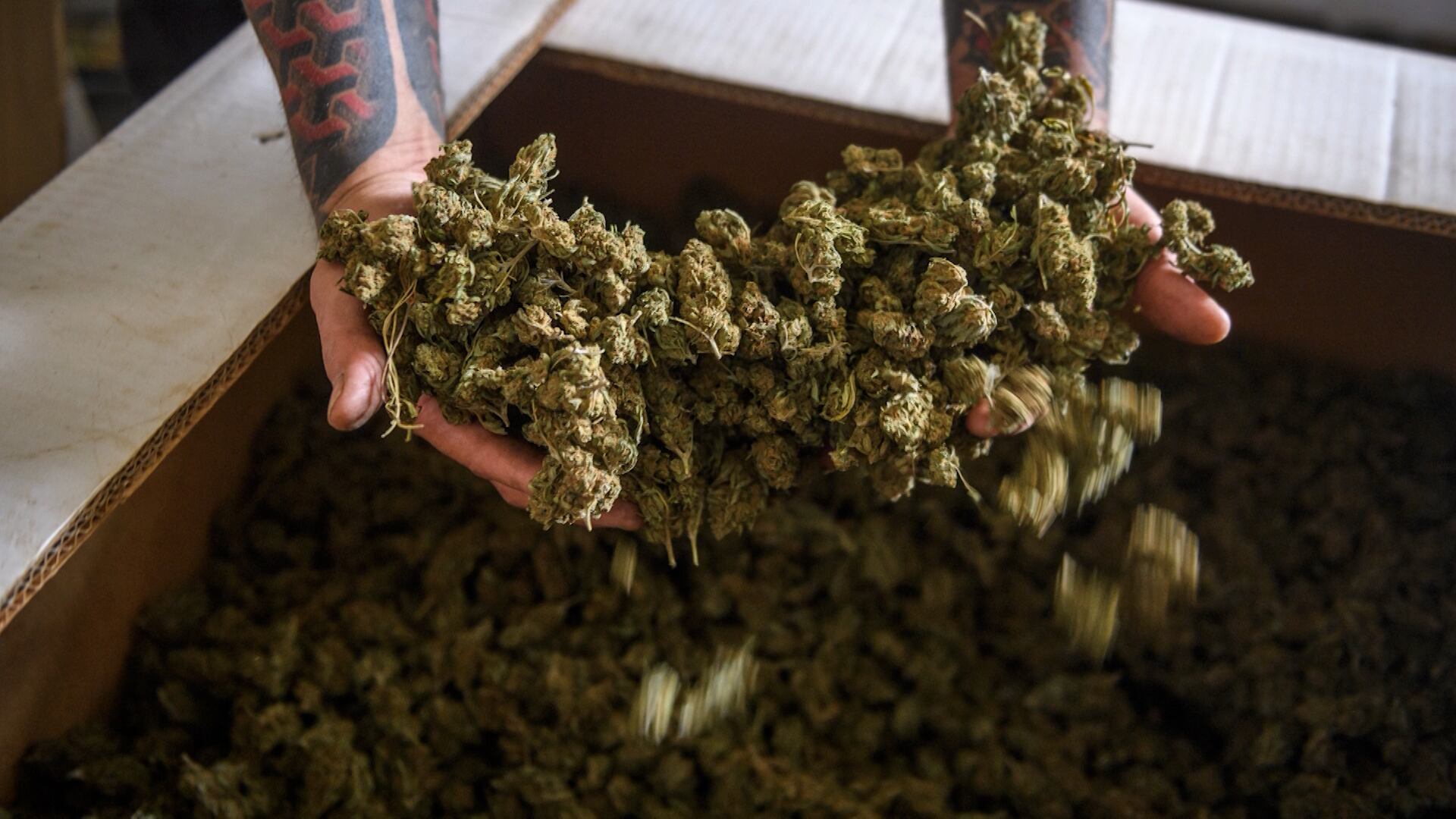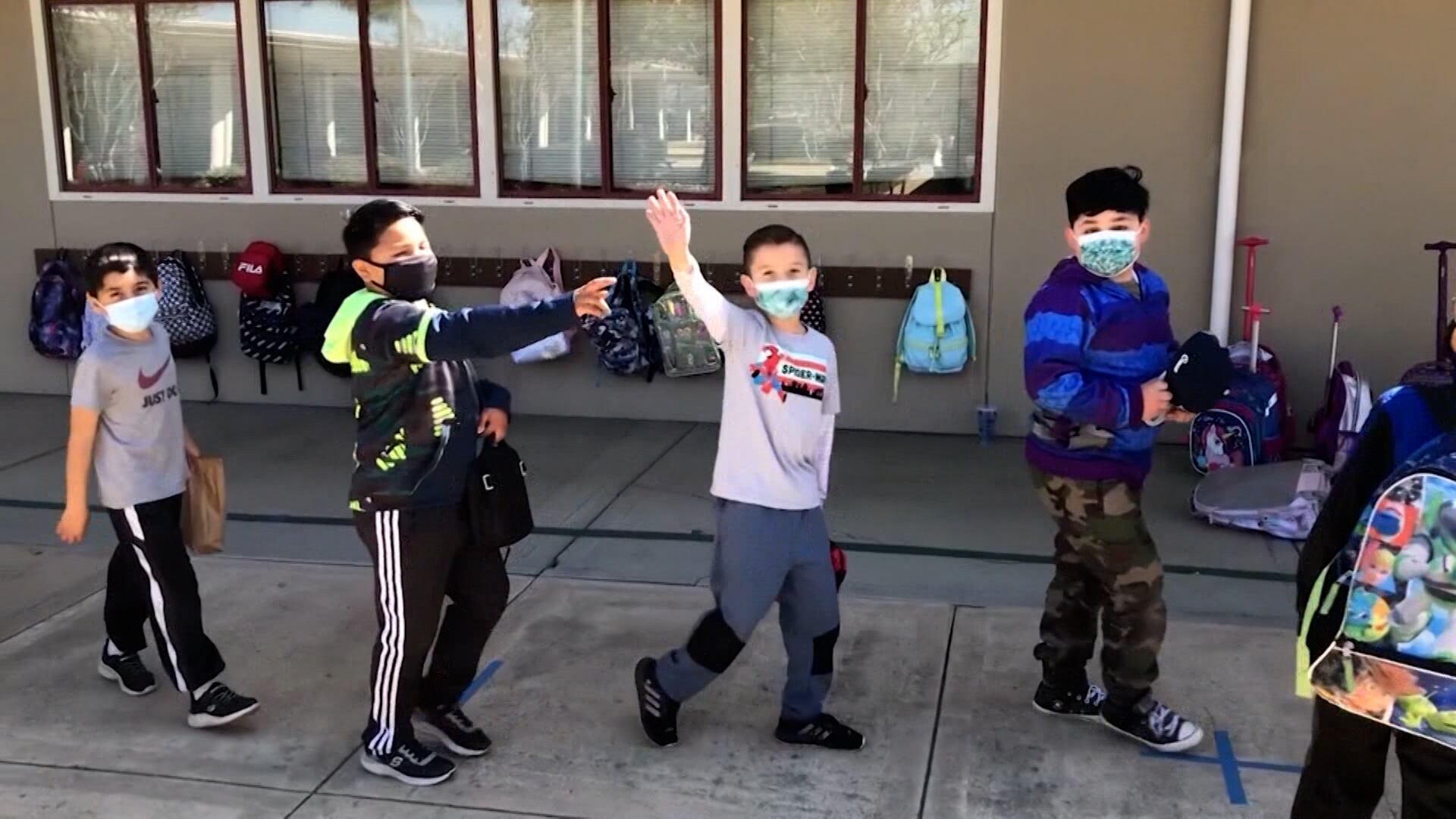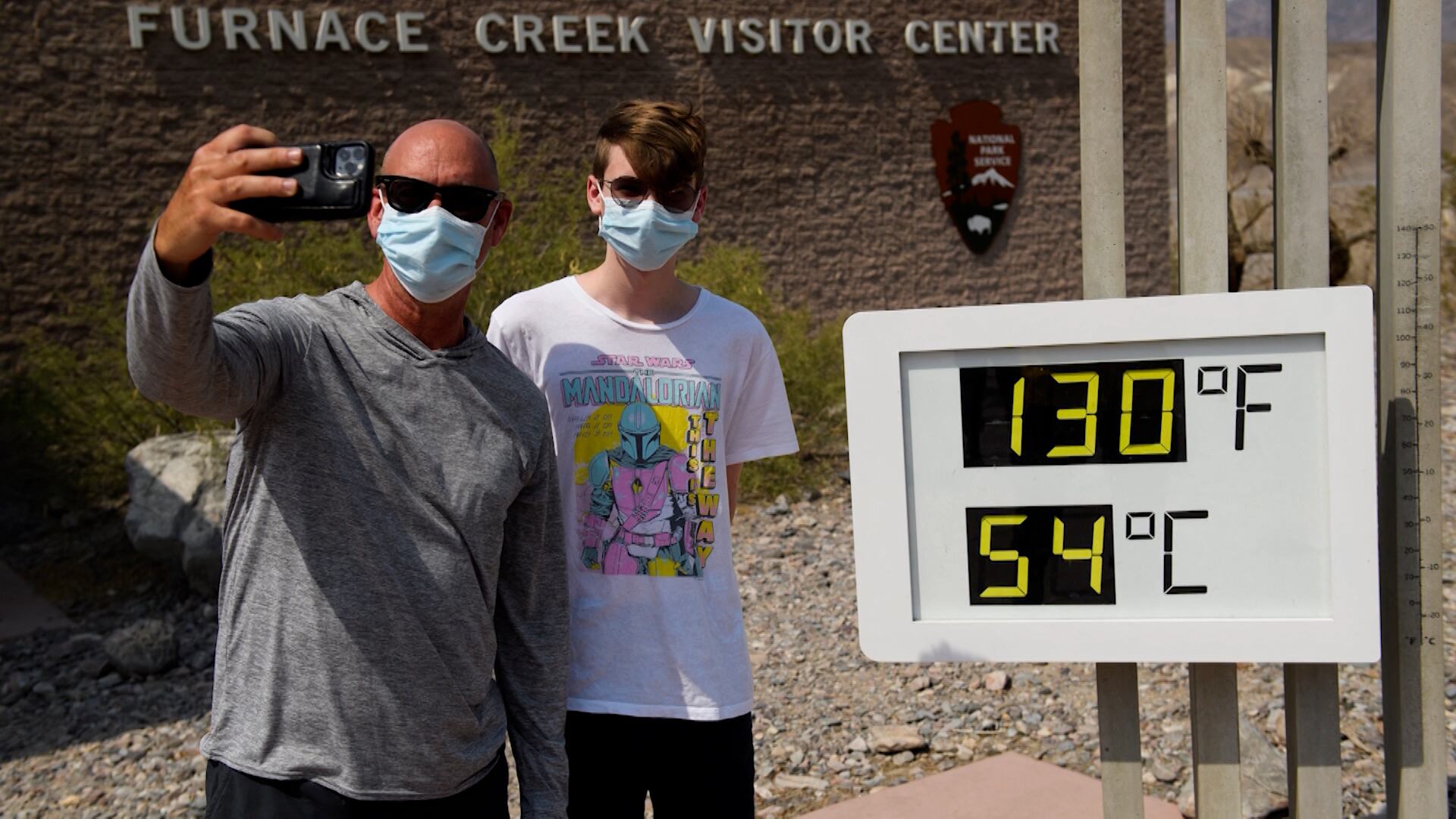By Laura Ungar and Heather Hollingsworth
Since a court ruling threatened the availability of a key drug used in medication abortion, calls have been pouring in to the clinics Adrienne Mansanares oversees.
Patients from near and far are “incredibly worried about whether or not they still have a valid appointment, whether they can obtain the care that they need. It’s heartbreaking,” said Mansanares, president and CEO of Planned Parenthood of the Rocky Mountains, which has clinics in Colorado, New Mexico and Nevada.
For now, the clinics — and many others around the country — are trying to assure patients that nothing has immediately changed while also devising backup plans in case the ruling stands.
U.S. District Judge Matthew Kacsmaryk in Texas said the approval of the drug mifepristone should be revoked, a decision handed down at the same time a federal judge in Washington ordered the government to make the drug more easily accessible. The Supreme Court is expected to eventually settle the matter.
If mifepristone becomes unavailable, many doctors say they would replace the usual two-drug regimen with a slightly less effective method using only the other drug, misoprostol.
Mansanares said her staff has been sending text messages to patients to make sure they know they can still come in for care.
Clinics are also telling people they're still offering mifepristone — although many providers worry patients will question its safety in the wake of the ruling and news coverage about it. Currently, more than half of all U.S. abortions are medication induced, and some clinics offer no other options.
“Please understand that this judge’s decision does not mean that medication abortion is not safe," Dr. Iffath Hoskins, president of the American College of Obstetricians and Gynecologists, said on a call with journalists this week. “It is safe. It is effective. And it should be an available option for all who seek abortion care.”
Mifepristone, approved by the U.S. Food and Drug Administration in 2000, blocks the hormone progesterone and is also used to treat miscarriages. Millions of women around the world have used the drug, and medical groups say complications occur at a lower rate than with routine medical procedures such as wisdom teeth removal and colonoscopies.
With its future in peril, doctors are laying the groundwork for other safe options.
Mansanares said she and her colleagues pulled together a task force of clinical experts to create a misoprostol-only protocol, “so that if we needed to, we could flip the switch" from the two-drug regimen. She said nearly three-quarters of patients in her health centers choose medication abortions over surgical procedures.
In Pennsylvania, Dr. Becca Simon, a family medicine doctor who provides abortions, said she would also offer abortion procedures and one-drug medication abortion.
The one-drug option is “safe, effective, and actually in some ways can be a little quicker than” the two-drug regimen, said Simon, a fellow with Physicians for Reproductive Health. “It may have some more side effects, but we have medications" to help patients deal with them.
Dr. Gopika Krishna, an OB-GYN in New York and another fellow in the group, said she and her colleagues are still weighing their options but are also considering the one-drug method. She pointed out that it's the subject of recent guidance from national medical organizations, is considered safe by the World Health Organization and is used in other countries where mifepristone isn’t available.
But some doctors said the one-drug regimen is not ideal. The two-drug combination is about 95% to 99% effective in ending a pregnancy. Used alone, misoprostol is less effective. Some research rates it around 85% effective, although other studies say it's closer to that of the two-drug combination.
Dr. Iman Alsaden, medical director of Planned Parenthood Great Plains, said staff at her clinics in Kansas are gearing up to provide misoprostol-only abortions if needed. Consent forms and patient information sheets have been prepared. Staff has been trained.
“It would not be the most medically sound thing to do. But if we have to comply with the law, we will,” Alsaden said.
She’s worried about what could happen if misoprostol fails to end a pregnancy, especially for out-of-state patients driving up to 12 hours for care.
“There’s going to be people that, you know, came to Kansas from Texas, and they don’t have the means or funds or ability to come back,” she said. “And now you’re in a situation where that person is forced to be pregnant.”
Andrea Gallegos, administrator of the Alamo Women’s Clinic in the southern Illinois city of Carbondale, has much the same concern, and is waiting to see how the lawsuits are resolved before making any decisions about what care to offer.
Wisp, a company that provides telehealth medication abortions in nine states, would definitely offer a misoprostol-only regimen if necessary. But spokeswoman Jenny Dwork said the switch would involve website updates and other changes, meaning the company wouldn’t be able to provide their services for around two weeks — “further restricting access to those who need it.”
Denise Harle, senior counsel for the Alliance Defending Freedom, which filed the lawsuit in Texas, said she was “very concerned” doctors were considering misoprostol-only abortions.
“To me, that would suggest, again, putting profit from abortion over the health and safety of women,” she said, adding that it was “premature to discuss” whether the single-drug protocol would prompt future litigation.
But doctors pushed back.
“Part of the tactic from anti-abortion groups is to create a sense where people feel like abortion is confusing, that abortion isn’t safe,” Krishna said. “That’s not true.”
Alsaden said she's scared for the patients.
“I will continue to serve them as long as I can," she said. "But it’s just like totally devastating.”
___
Amanda Seitz contributed to this story from Washington, D.C. Ungar reported from Louisville, Kentucky and Hollingsworth from Mission, Kansas.
___
The Associated Press Health and Science Department receives support from the Howard Hughes Medical Institute’s Science and Educational Media Group. The AP is solely responsible for all content.













